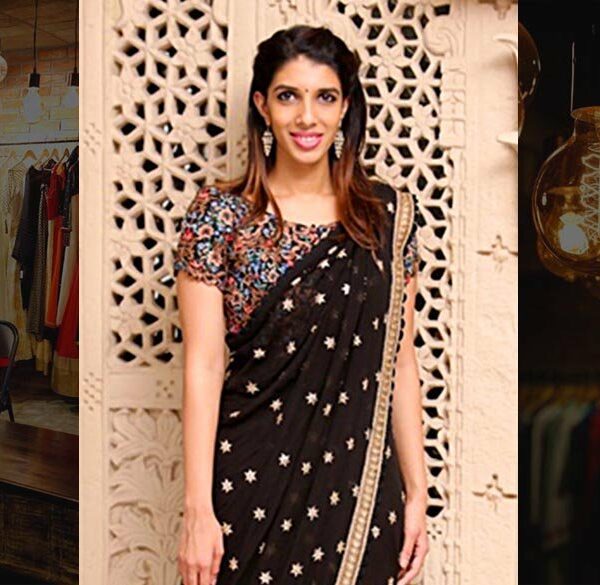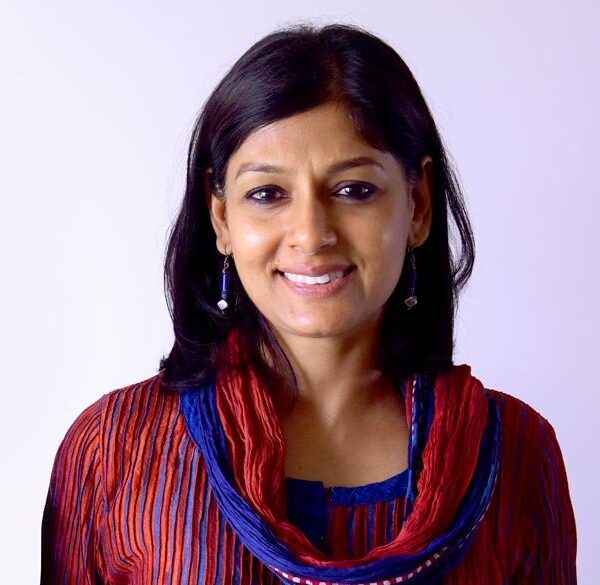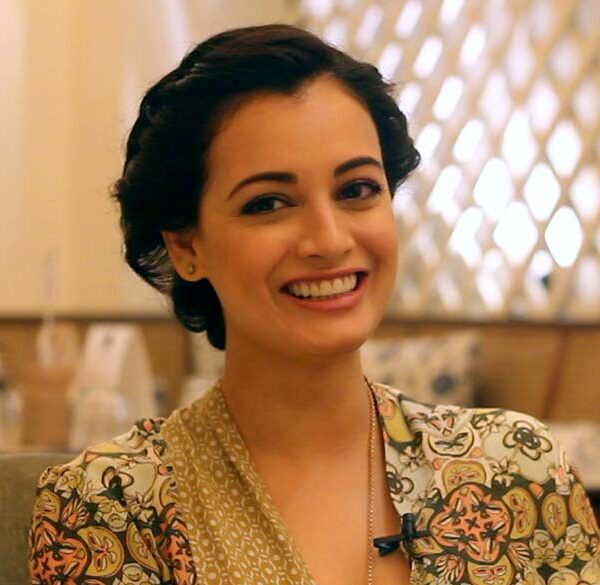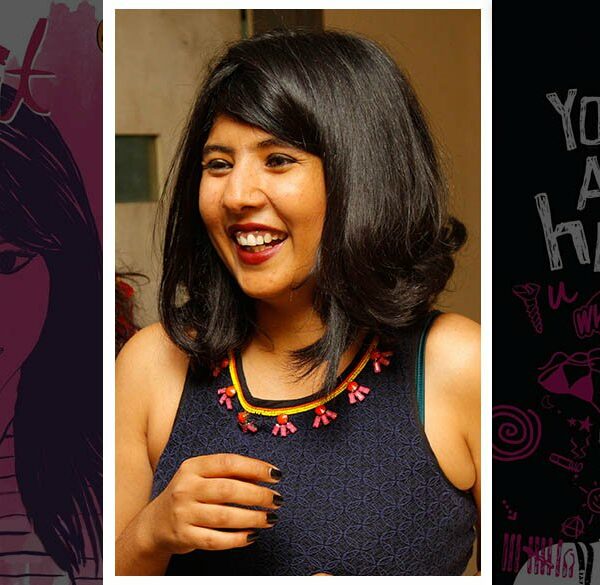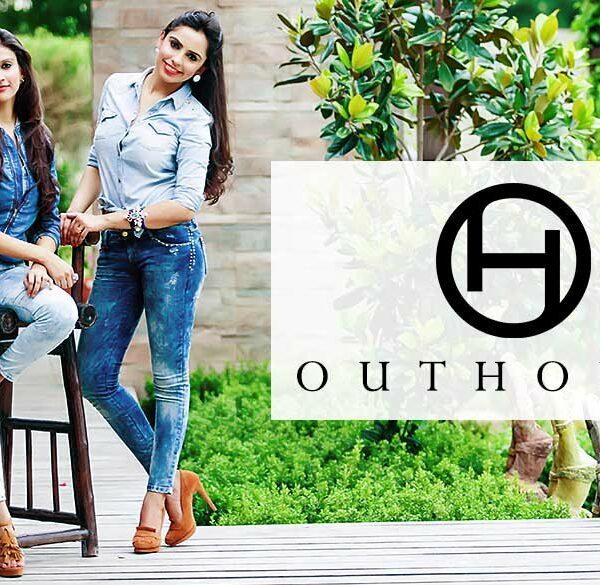“Beti bachao Beti Padhao” is a tagline that we encounter frequently in our daily lives. It can be seen right next to the sticker of ‘horn ok please’ on the trucks, on the auto rickshaws and even chaye ki tapri. However, the core of this sentiment has lost its meaning.
This campaign of Beti Bachao, Beti Padhao was launched by the Government of India in 2015 to create awareness and improve the efficiency of welfare services aimed for girls. The widely known evils of the society like child marriage, female infanticide, female foeticide, dowry practices casted a shadow of uncertainty on the life of girls in India. The slogan implored every citizen of India to save girl child from such evil practices and educate them to become a self-reliant, empowered force of nature.
A girl child can be as much of a support to her family as a boy if she is nurtured and enriched with similar opportunities.
Beti and shaadi are two terms that frequently accompany each other in India. As soon as a girl child is born, Indian parents start to save money for their daughter’s marriage. A boy is enriched with values and dreams to become “Ghar ka Chirag”, whereas a girl is fed with tales of how a “Rajkumar” on a white horse will come one day to take her as his bride. We can talk about saving and educating a girl child all we want, but the fundamental values that we impart our girls with have not changed in centuries.
Education enlightens and it allows a person to explore their true potential, although a fancy college degree has now limited itself as the new feature in a bride’s marriage profile. India is a country with the youngest population but data shows a significant lack of female to male participation at work.
The female workforce participation fell from 35% in 1990 to 27% in 2018 in India.
The cause behind this monumental lack is that a lot of women do not work after marriage because some sections of the society frowns upon women who work after marriage, or sometimes women leave jobs to take care of their family.
Gender bias does not only reside inside the four walls of a home, it has also deeply infested itself in the professional world as well. A man is never told by his parents to choose a mindful career that will not hamper his married life. Whereas, a girl is shackled with limiting professional choices. They are advised by their parents, relatives, family and every other Tom, Dick and Harry to adopt a profession which will allow them the feasibility to work after marriage.
The nobility of a teaching profession has reduced itself to an appropriate work profile in the marriage market.
Divyani Jaiswal, a 23-year-old young professional shares that her father wanted her to become a teacher because “the work hours and the job status of a teacher is suitable for girls even after marriage.”
Another young professional, Nitika Nischal, who works in the banking sector, also holds a degree in Bachelor of Education (B.Ed). She says, “I’d like to pursue a career as a teacher in the future because it’ll give me a work-life balance. The teaching job is also from 7.00 AM to 2.00 PM which will allow me to take care of my family after I get married or something.”
Why are women conditioned with the ideology to become independent and have agency that is palatable to the society? Marriage is supposed to be part of your life. It should not be the guiding force of every decision you take for the future. Girls should be given the freedom to dream and choose any profession that they like, be it a doctor, scientist, astronaut, engineer, police officer etc. The opportunities are endless!
“Beti Bachao, Beti Padhao and let the Beti LIVE.”
To break this tangible cycle, we as a society need to shift our focus from marriage as the ultimate form of happiness for our girls, to let our girls realise their ultimate potential with right education, prolific career choices and safe environment. An independent woman is whole, irrespective of her marital status.


